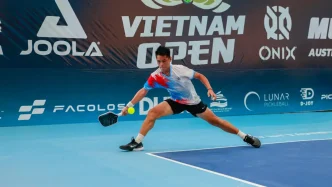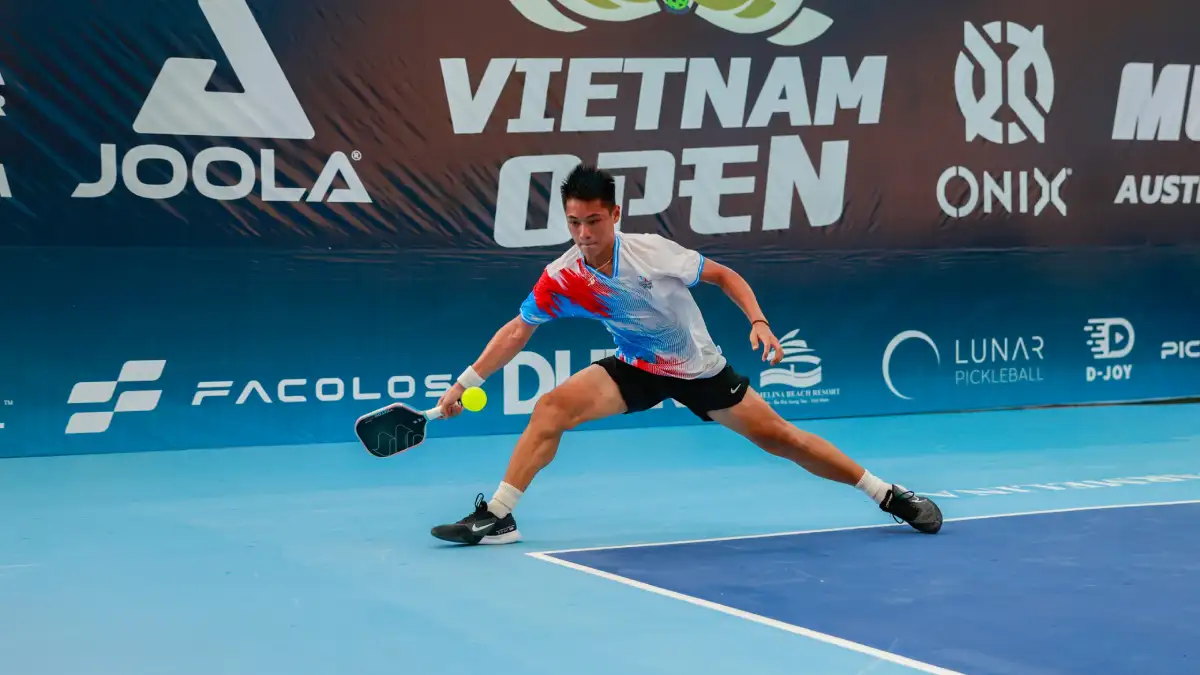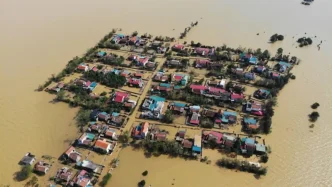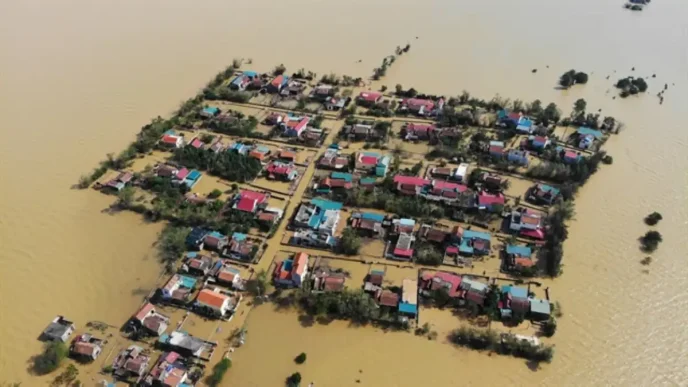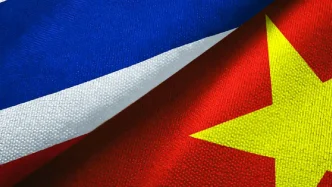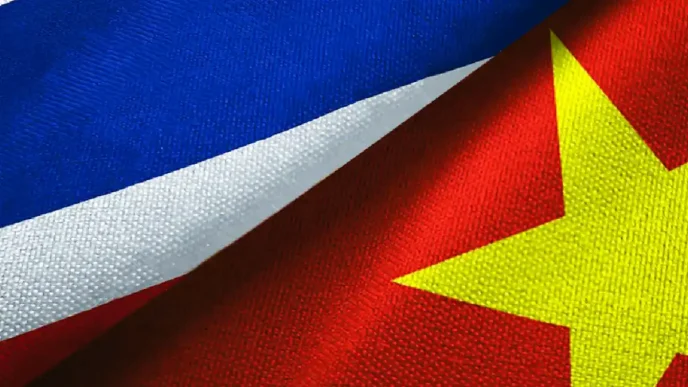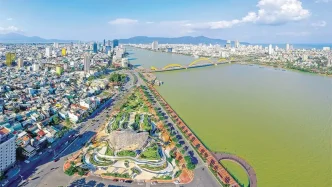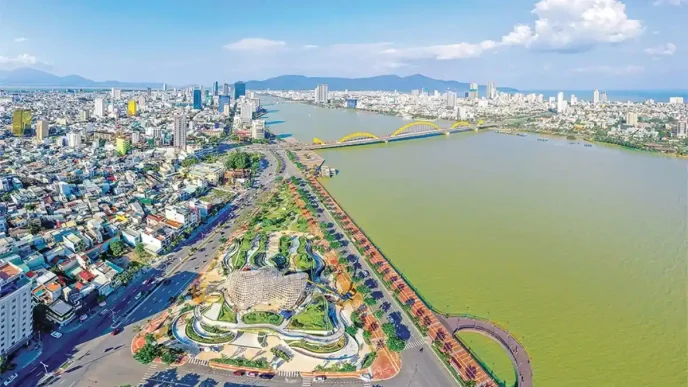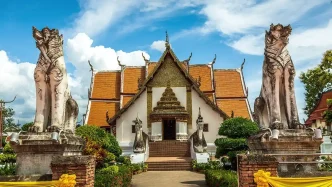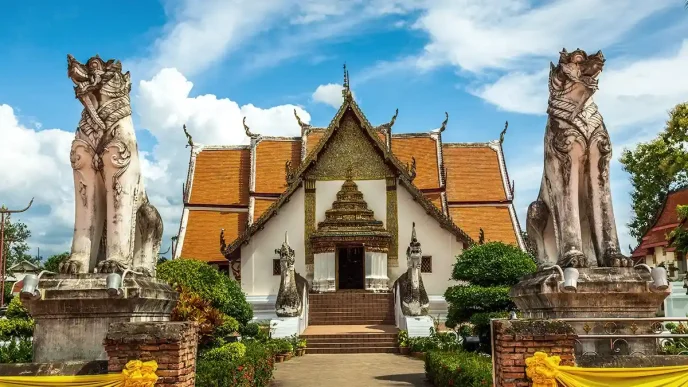Ho Chi Minh City, a bustling metropolis crisscrossed by rivers and canals, has emerged as a vibrant hub for sport tourism in Vietnam. At the 2024 HCM City Open River Swimming Championship and the inaugural HCM City Open Stand-Up Paddleboarding Championship, young participants flocked to the waterways, showcasing the city’s unique blend of natural beauty and sporting enthusiasm. This event, among others, underscores Vietnam’s untapped potential to become a global destination for sport tourism, combining athletic events with cultural and tourism experiences.
A Natural Playground for Sport Tourism
Vietnam’s diverse landscapes—from towering mountains and sweeping plains to winding rivers and idyllic islands—offer a natural playground for sporting events. Dr. Đoàn Mạnh Cương, a scholar from Nguyễn Tất Thành University, emphasizes that many Vietnamese regions are blessed with favorable conditions, including stunning scenery, a temperate climate, and rich cultural heritage. These elements create an ideal setting for hosting events that attract both athletes and tourists seeking immersive experiences.
However, realizing this potential requires more than just natural assets. Dr. Cương stresses the need for significant investment and coordinated efforts to develop infrastructure. Localities must prioritize the construction of multifunctional sport centers and the upgrading of event venues to meet international standards. He also advocates for public-private partnerships to diversify funding sources, easing the financial strain on government budgets while encouraging private sector involvement in sport tourism initiatives.
Strategic Growth and Global Ambitions
Beyond infrastructure, a strategic approach is essential to position Vietnam on the global sport tourism map. Dr. Cương suggests that relevant agencies should ramp up international promotion efforts and forge partnerships with major global sports organizations. This could elevate Vietnam’s visibility as a destination for international competitions and adventure sports. Additionally, training specialized human resources is critical, with a focus on event organization, adventure sports guiding, and sustainable tourism management to ensure long-term success.
Environmental protection is another key concern. As sport tourism grows, so does the risk of ecological damage. Dr. Cương urges local authorities to implement environmentally friendly practices alongside tourism development, ensuring that sporting activities do not harm Vietnam’s natural resources. This balance between growth and sustainability is vital for maintaining the country’s appeal as a sport tourism destination.
Nguyễn Công Hoan, General Director of Flamingo Redtours JSC, echoes these sentiments, highlighting the importance of coordination among agencies to design engaging competition schedules and event regulations. Safety, he notes, must remain a top priority for both tourists and athletes, ensuring that events are not only exciting but also secure for all participants.
HCM City Leads the Way
Ho Chi Minh City, with its recent administrative boundary reorganization, is uniquely positioned to lead Vietnam’s sport tourism charge. Representatives from the city’s Departments of Tourism, and Culture and Sports point to numerous advantages, including the ability to host sporting competitions intertwined with cultural events and tourism promotion activities. The city’s river-based geography provides a distinctive backdrop for water sports, festivals, and performances that draw both local and international attention.
Nguyễn Thị Ánh Hoa, Director of the municipal Department of Tourism, cites the recent HCM City Water Festival as a prime example of this synergy. Recognized by the HCM City People’s Committee at the local Creative Awards, the festival masterfully combined elements of tourism, culture, sports, and economic impact. Held in early June 2024, it attracted over 1.3 million visitors to the city within the first 10 days of the month, a remarkable feat that boosted the local economy. Hotel occupancy rates surged by 25–30 percent compared to regular periods, demonstrating the festival’s significant contribution to tourism revenue.
Leveraging the city’s waterways, the festival not only showcased sporting events like stand-up paddleboarding but also highlighted Ho Chi Minh City’s cultural vibrancy. It has become a powerful tool for enhancing the city’s image, positioning it as a dynamic destination where sports and culture converge to create unforgettable experiences for visitors.
A Future of Promise and Challenges
The success of events like the HCM City Water Festival signals a bright future for sport tourism in Vietnam. Yet, challenges remain in scaling these initiatives across the country. Infrastructure development, international collaboration, and environmental stewardship are not mere buzzwords but essential pillars for sustainable growth. Localities beyond Ho Chi Minh City must adopt similar innovative approaches, tailoring events to their unique landscapes and cultural identities to attract diverse audiences.
As Vietnam continues to harness its natural and cultural assets for sport tourism, the impact on local communities and the national economy could be transformative. Events that draw millions of visitors, like the water festival, are just the beginning. The question now is whether the nation can build on this momentum, creating a cohesive strategy that balances ambition with responsibility to cement its place as a leading sport tourism destination in Southeast Asia.
For now, the sight of young athletes gliding across Ho Chi Minh City’s rivers on paddleboards serves as a vivid reminder of what’s possible—a future where sport, culture, and tourism unite to showcase Vietnam’s boundless potential.

